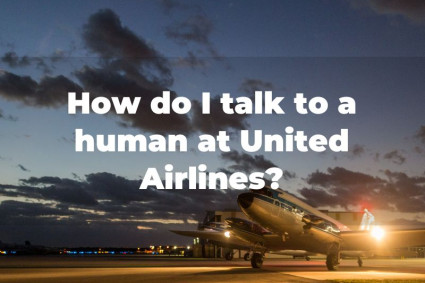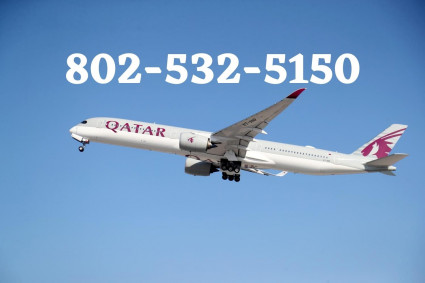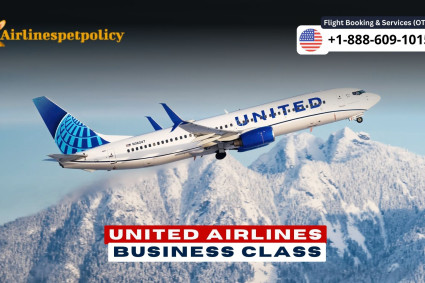When it comes to air travel, economy class is often perceived as the lowest rung on the flight class hierarchy. Passengers in the economy are often assumed to have cramped seats, limited legroom, and minimal amenities. While it is true that economy class is typically the most affordable option, it is important to challenge the notion that it is the lowest class. In this article, we will explore the features of economy class flight, debunk common stereotypes, and recognize the value it brings to air travel.
What are the Four Classes in Flight?
Economy Class:
Economy class, also known as coach class or standard class, is the most common and affordable class of air travel. It typically offers the least amount of legroom, narrower seats, and fewer amenities compared to higher classes. However, it provides the essential services needed for a safe and efficient flight, such as in-flight meals, beverages, and entertainment options. Economy class is designed to accommodate a large number of passengers and meet the demands of budget-conscious travelers.
Premium Economy Class:
Premium economy class bridges the gap between economy and business class. It offers enhanced comfort and additional amenities compared to economy class. Passengers in a premium economy enjoy benefits such as increased legroom, wider seats, better meal options, priority boarding, and often an improved entertainment system. This class is particularly favored by travelers seeking a more comfortable journey without the high price tag associated with business or first class.
Business Class:
Business class, also referred to as executive class or business premier, is a step up from premium economy. It caters primarily to business travelers and offers a more luxurious and exclusive flying experience. Business class passengers enjoy spacious seats that convert into lie-flat beds, allowing for a restful sleep during long-haul flights. Additional perks include gourmet meals, priority check-in, access to airport lounges, increased baggage allowance, and personalized service. Business class is known for its superior comfort and amenities, making it a popular choice for those willing to invest in a more indulgent travel experience.
First Class:
First class is the epitome of luxury in air travel. It represents the highest level of service and comfort available on commercial flights. First-class cabins are characterized by private suites or enclosed pods, providing maximum privacy and personal space. Passengers in this class enjoy the finest amenities, including gourmet cuisine, premium wines and spirits, dedicated onboard chefs, exclusive lounges, and even access to spa facilities at select airports. The level of service and attention to detail in first class is unparalleled, making it the preferred choice for discerning travelers who prioritize luxury and exclusivity.
The Features of Economy Class:
Affordability:
One of the primary advantages of economy class is its affordability. It allows a wide range of travelers, including those on a tight budget, to access air travel. By offering discounted fares, airlines enable more people to experience the benefits of flying and explore destinations around the world.
Essential Services:
Economy class may not offer the same level of luxury as higher classes, but it does provide essential services for a comfortable journey. Passengers in the economy receive in-flight meals and beverages, access to entertainment systems, and a safe and reliable mode of transportation. While the offerings may vary between airlines, these services are crucial for a pleasant flight experience.
Accessibility:
Economy class is accessible to a larger number of travelers due to its lower price point. This inclusivity allows families, students, and individuals with budget constraints to travel and explore new places. It promotes social mobility and the democratization of air travel, bridging the gap between different socioeconomic groups.
What's Better than Economy Class?
While economy class serves its purpose by offering affordable air travel to the masses, it may not be the most comfortable option for those seeking a more pleasant onboard experience. Premium economy, business class, and first-class provide varying degrees of comfort, space, and amenities, making them superior choices for travelers who can afford the upgrade.
Premium economy class is a popular alternative to the economy, as it strikes a balance between affordability and comfort. The additional legroom, wider seats, and improved meal options make for a more enjoyable journey, especially on long-haul flights. Premium economy is an excellent choice for travelers who value a little extra comfort without breaking the bank.
For those willing to splurge, business class offers a significant upgrade in terms of comfort and service. The lie-flat beds, gourmet meals, and personalized attention create a premium travel experience. Business class is particularly beneficial for business travelers who need to arrive refreshed and ready for meetings or for leisure travelers who want to maximize their comfort during long journeys.
First-class represents the pinnacle of luxury in air travel. With private suites, exclusive amenities, and personalized service, it offers an unparalleled level of opulence. While the cost of first-class tickets can be exorbitant, many travelers consider the experience to be well worth the investment for special occasions or when seeking the utmost in comfort and indulgence.
Recognizing the Value of Economy Class:
Cost Savings:
Economy class offers significant cost savings compared to premium classes. By choosing economy, travelers can allocate their budget to other aspects of their trip, such as accommodation, dining, and activities. This affordability allows more people to travel frequently and explore multiple destinations, widening their horizons and creating lasting memories.
Sustainability:
In an era where sustainable travel is gaining importance, economy class plays a crucial role. By accommodating a larger number of passengers in a single flight, airlines can distribute the carbon footprint more efficiently, reducing the environmental impact per person. Economy class enables more people to experience air travel without compromising the planet's resources.
Social Connections:
Economy class fosters a sense of community and shared experiences among passengers. It brings together people from various backgrounds and cultures, creating opportunities for connections and conversations. The communal environment of economic class can lead to unexpected friendships, cultural exchanges, and memorable encounters.
Conclusion:
While economy class is often regarded as the lowest flight class, it is essential to challenge the stereotypes associated with it. Economy offers affordability, essential services, and accessibility, making air travel accessible to a wider range of travelers. By debunking the misconceptions, recognizing the value it brings, and appreciating the efforts airlines have made to improve the economy class experience, we can better appreciate the benefits it offers. Economy class plays a vital role in the aviation industry, facilitating travel for millions of people worldwide and contributing to the growth of global connectivity.







